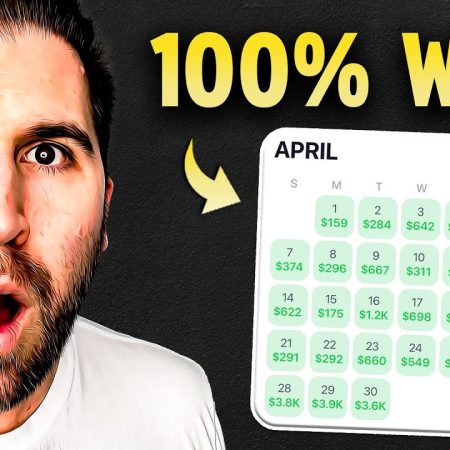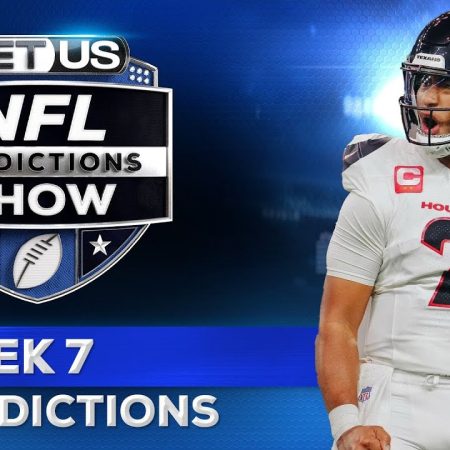Video Summary
The world of sports betting has become a massive industry, with the global market expected to reach $231.2 billion by 2032. In the United States, almost 40 million Americans placed a sports bet within the last year, with 85% supporting the Supreme Court's decision to overturn the Professional and Amateur Sports Protection Act in 2018. While it's common for people to bet less than $50 a month, a concerning 14% of people blow $500 to $999 a month, which is a significant expense for many.
Sports betting is no longer limited to just basketball and football, with DraftKings offering bets on everything from the Academy Awards to e-sports, handball, and even collegiate sports. The “Name, Image, Likeness” or NIL deals that allow college athletes to get paid by sponsors only go to the top performers, leaving many broke. Meanwhile, fans are left emotional about their favorite teams, often losing money on parlays and other bets.
The history of sports betting is marked by corruption and controversy. In the 1950s, 32 college basketball players pleaded guilty to fixing 86 games, and in the 1980s, high-profile figures like MLB manager Pete Rose got banned from their respective sports for gambling. The Unlawful Internet Gambling Enforcement Act in 2006 left the door open for daily fantasy sports, which has led to the rise of companies like DraftKings and FanDuel.
As the sports betting industry continues to grow, it's essential to understand the terms and history behind it. With so many people involved, it's crucial to recognize the potential risks and consequences of sports betting, including the impact on athletes, fans, and the sports themselves.
I got a 4-leg parlay on Usher's background dancers tomorrow. get help for a gambling addiction. call 1-800-662-4357 or visit …
I got a 4-leg parlay on Usher's background dancers tomorrow. get help for a gambling addiction. call 1-800-662-4357 or visit …
















